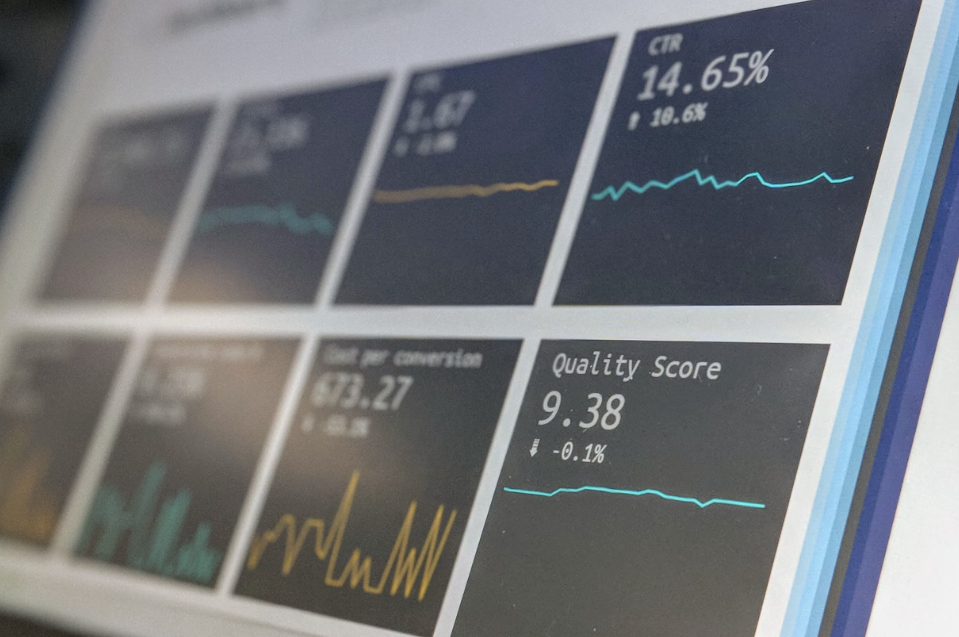How Energy Firms are using AI to realise the power in their Data
A 2 min read
In the ever-evolving landscape of the energy sector, staying ahead requires leveraging cutting-edge technologies. Artificial Intelligence (AI) has emerged as a game-changer, offering energy firms unprecedented opportunities to streamline operations and enhance decision-making processes. One key aspect where AI can make a significant impact is in the collection of vast amounts of data for machine learning applications.
The Data Dilemma in Energy Firms
Energy companies generate massive datasets from various sources such as sensors, smart grids, maintenance records, and market trends. However, the sheer volume and diversity of this data often pose challenges in terms of storage, organization, and analysis. Traditional methods of data collection and processing fall short in handling the complexity and scale of information generated by the energy industry.
AI-Powered Data Collection
Enter Artificial Intelligence, a revolutionary tool that can transform how energy firms manage and utilise their data. AI excels in automating the data collection process, ensuring efficiency, accuracy, and scalability.

1. Automated Sensor Networks
Energy production and distribution heavily rely on sensor networks to monitor equipment health and performance. AI can automate the collection of sensor data, continuously analyzing it for anomalies or patterns that may indicate potential issues. This proactive approach not only minimizes downtime but also allows for predictive maintenance, optimizing asset performance.
2. Smart Grids and Metering
AI algorithms can analyze data from smart grids and meters in real-time, providing valuable insights into energy consumption patterns. This enables energy firms to optimise the distribution of energy, identify areas of inefficiency, and even predict future demand, contributing to more effective resource management and cost savings.
3. Market and Weather Data Integration
Energy prices are highly influenced by market dynamics and weather conditions. AI can aggregate and analyze vast amounts of data from various sources, including market trends and weather forecasts. By integrating this information, energy firms can make informed decisions on production schedules, pricing strategies, and resource allocation, mitigating risks and maximizing profitability.
4. Streaming Maintenance Records
AI-driven algorithms can streamline the analysis of historical maintenance records. By identifying recurring issues and correlating them with other data points, energy companies can proactively address potential problems, preventing costly breakdowns and ensuring the longevity of equipment.
Benefits of AI-Driven Data Collection in Energy Firms
1. Efficiency: AI automates the data collection process, allowing energy firms to focus on deriving actionable insights rather than spending time on manual data gathering.
2. Predictive Analytics: AI's ability to analyze historical and real-time data enables energy companies to predict equipment failures, optimise maintenance schedules, and enhance overall operational efficiency.
3. Cost Savings: By automating data collection and analysis, energy firms can reduce operational costs, prevent downtime, and optimise resource allocation, ultimately leading to substantial cost savings.
4. Competitive Advantage: Leveraging AI for data collection gives energy firms a competitive edge by enabling them to make data-driven decisions faster and more accurately than their counterparts.
Conclusion
In conclusion, the integration of AI into data collection processes empowers energy firms to navigate the complexities of the industry effectively. As technology continues to advance, those who embrace AI will not only streamline their operations but also pave the way for a more sustainable and resilient energy future. Checkout Qvantia's Products to find the right solution for you https://qvantia.com/products/
Speak to Qvantia today, we would be very happy to help - info@qvantia.com
Qvantia - AI Insights

